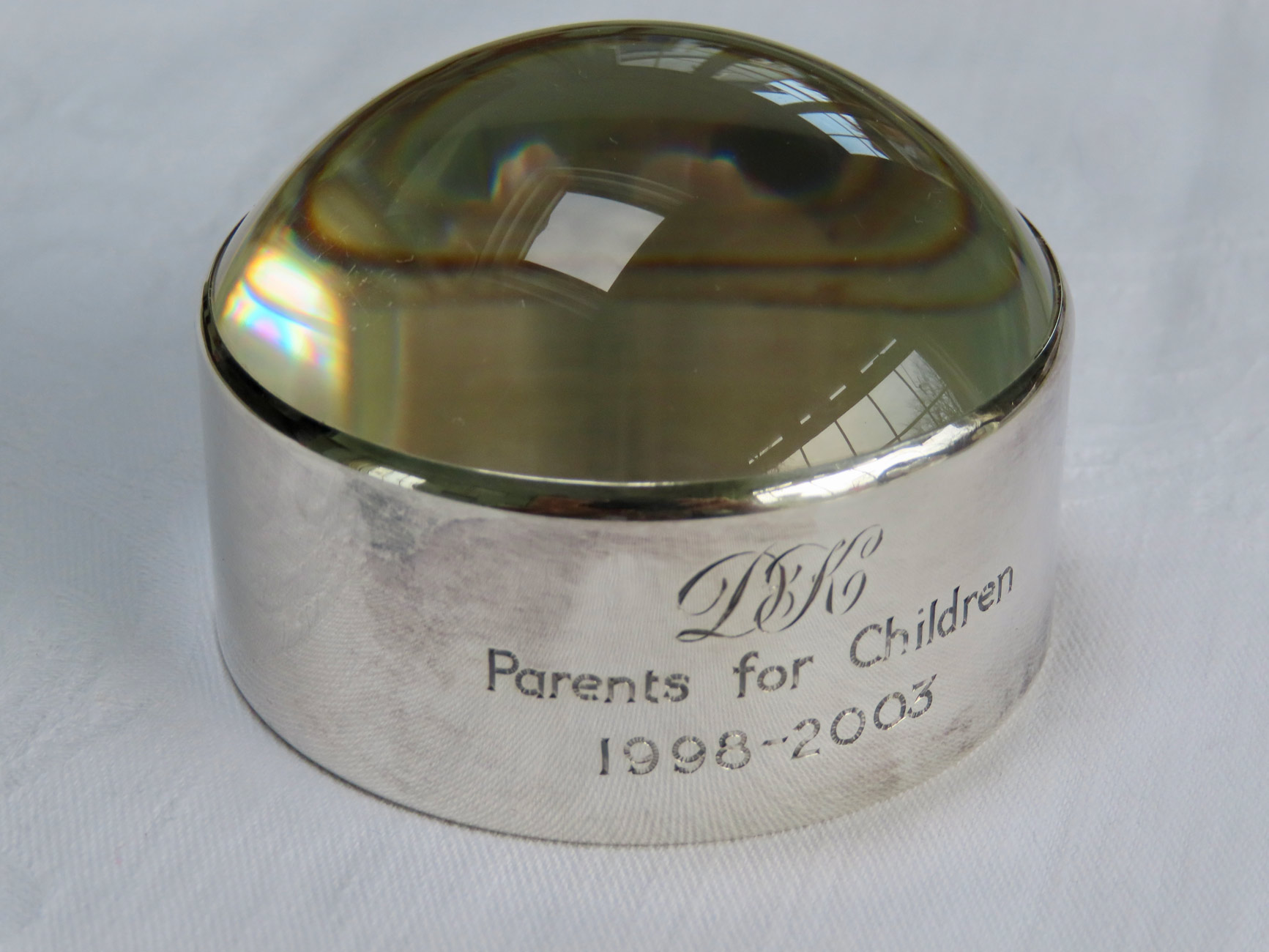In https://derrickjknight.com/2021/10/14/a-knights-tale-50-adoption/ I have written earlier about the early stumbling into professional assessment of adoption applicants.
The Adoption Act of 1958 which came into force the following year, was the first of a series over the next few decades that sought to improve regulatory requirements for adopters, requirements for adoption agencies and the procedure to be used when making or appealing a court decision on adoption. Whilst these developments have undoubtedly been necessary, in practice the placement of babies and toddlers has in many cases been delayed.
The Adoption Panel has an overriding responsibility to promote good practice, consistency of approach and fairness in all aspects of the adoption service, in accordance with its procedures and values. Within the remit of the panel’s recommendations are the suitability of prospective adoptive applicants to adopt; whether a particular child is suitable to be placed for adoption; and whether that child should be placed with particular prospective adopters.
By the mid-1990s and beyond I chaired adoption panels for the Voluntary Agency Parents for Children and for the London Borough of Camden; and the Fostering Panel of the same London Borough.

This welcome Paper Weight was given to me by the voluntary agency upon my resignation.
Panel members were expected to study the paperwork involved, which would include recommendations of the Medical Officer, and full assessment reports from the Social Workers. The various members had different experiences of the work and differing ideas about suitable parenting. There was generally a Council Member of the local authority included. As such my extensive experience of child care and of group work in general was invaluable in managing the discussions. One issue which could prove problematic was individual’s attitudes towards religion. Some people would be reluctant to approve applicants adhering to particular faiths, being wary of fundamentalism. Even in those earlier days smokers would be frowned upon. Changes of names of children was often open to discussion. It was considered more acceptable to retain the birth parent’s choice, especially for a middle name. On the whole, however, those who voluntarily gave up their time to this work were honourable and dedicated.